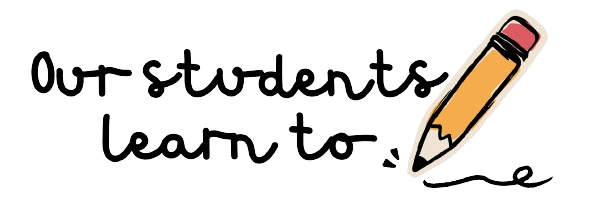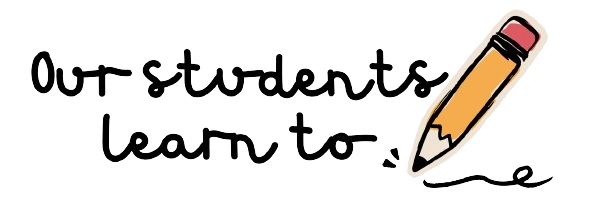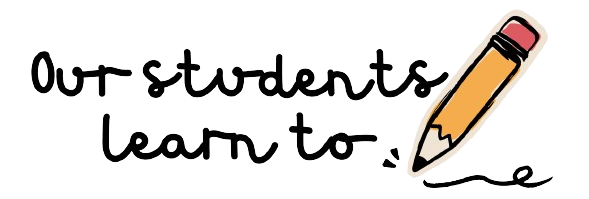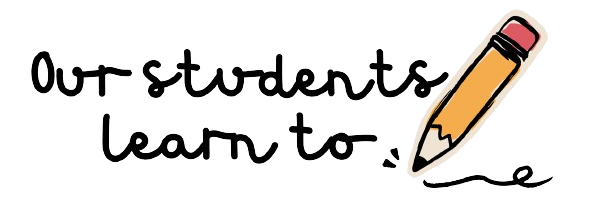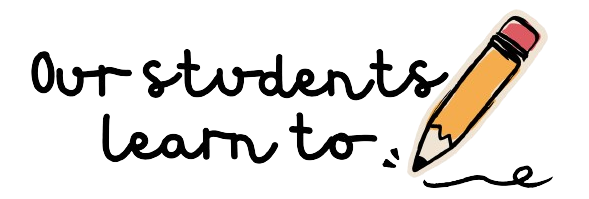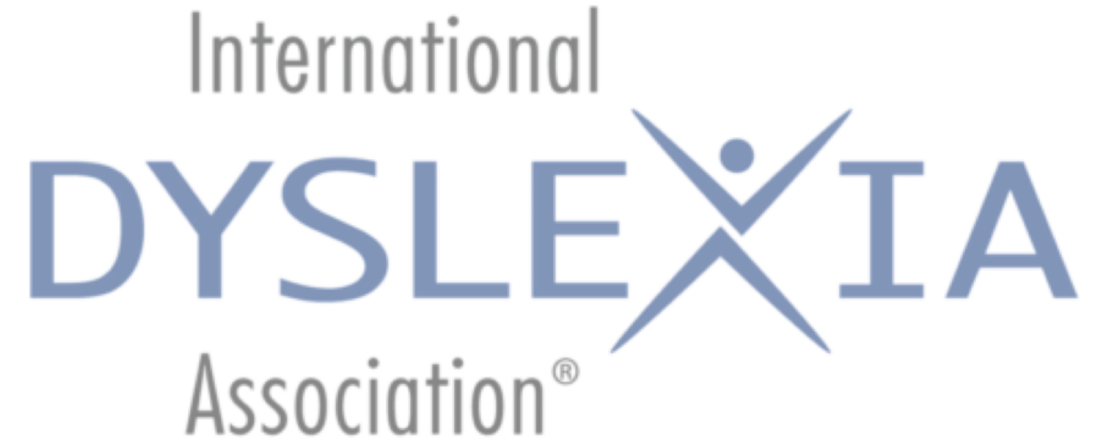TREATMENT
|
Northwest Reading Clinic students attend one hour per day, five days a week, Monday through Friday. All sessions are conducted one-on-one. Treatment length averages six to eight months if the student attends for one hour per day. Sessions generally last one hour, but may range from one to four hours per day. This intensive method allows students to improve and stabilize their skills in the shortest possible time. The length of treatment time is determined based on testing and varies depending upon the severity of the student's weaknesses, the age of the student, and the number of hours per day the student attends. Treatment time may be less for students who only need enhancement of their skills.
|
Dyslexia & Phonemic Awareness
Many of our students have a weakness in phonemic awareness, which results in reading and spelling difficulties. Students are unable to judge whether the sounds they pronounce match the letters they see. Thus, many guess from context or memorize words, as they do not have a reliable strategy to break words into parts and put them back together again.
|
|
Spelling & Sight Words
If a student has good phonemic awareness and poor visual memory for letters, many of their spelling errors will tend to be phonetically accurate. For instance, a student may spell the word enough as enuff or neighbor as nayber because these words do not follow common phonetic patterns. A student with poor sight word recognition also may struggle to read fluently.
|
|
Comprehension
Individuals with weak comprehension do not accurately visualize the information they read or hear. Some image only bits and pieces of language, or try to recall each word and its definition from memory rather than make an overall image. This causes the student to struggle to remember information they read or hear. It also leads to difficulties in analyzing information, determining the main idea, drawing conclusions, making predictions and inferences (cause and effect, etc.), and forming and justifying opinions.
Many students with poor comprehension are not diagnosed by school officials since they read and spell with ease. As students progress in school, a comprehension difficulty can lead to significant gaps in knowledge. Students may struggle to express themselves orally and in writing. Peer and family relationships may suffer since the student has difficulty understanding others, predicting consequences, following directions, and communicating.
Many students with poor comprehension are not diagnosed by school officials since they read and spell with ease. As students progress in school, a comprehension difficulty can lead to significant gaps in knowledge. Students may struggle to express themselves orally and in writing. Peer and family relationships may suffer since the student has difficulty understanding others, predicting consequences, following directions, and communicating.
|
|
Writing Development
People who have difficulty reading, spelling, and comprehending often have trouble with writing. Writing involves many skills, and for students with learning disabilities, it is often overwhelming to try to simultaneously generate ideas, organize them, put them into words and sentences, physically write those sentences, and use correct spelling and grammar. This process often leads to feelings of frustration and low self-confidence in writing.
|
|
Math Development
People who have difficulty comprehending and remembering language may have similar problems with math. We work with students who have trouble doing math computation, as well as those who struggle to solve word problems.
|
|
Original Content
Language cues and rules are among the things we teach students to give them a reliable strategy for reading and spelling unfamiliar words. Check out our original content to see examples of some of the rules our students learn!
|
|
|
|
|
|
|


